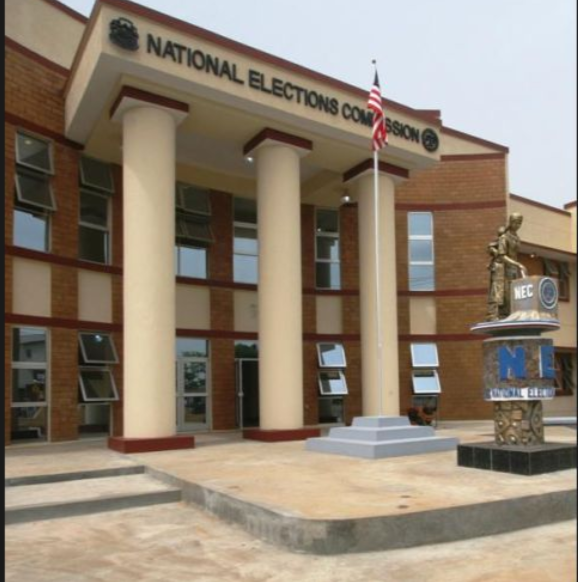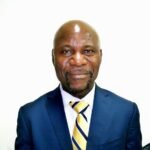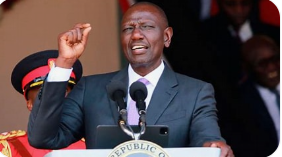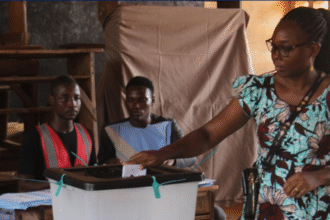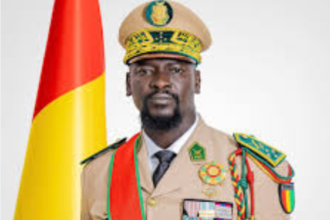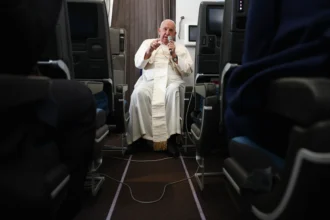Monrovia, Liberia – With President Joseph Boakai settling into his term, discussions are already swirling in Liberia about who will contend for the nation’s top office in the 2029 presidential elections if the current president decides not to seek a second term. While the political landscape remains fluid, several potential frontrunners are beginning to emerge, signaling the start of what promises to be a dynamic and closely watched campaign.
Several factors are expected to shape the 2029 election, including economic development, infrastructure improvement, corruption eradication, and generational change. With current President Boakai potentially slated to retire, having served two terms as vice president and in his first term as president, the field is wide open.
Here’s a look at some individuals generating early buzz as potential presidential candidates:
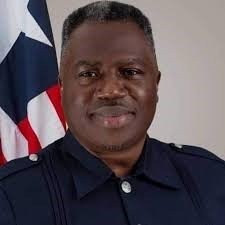
Jeremiah Kpan Koung, current Vice President of Liberia: Currently serving as a potential heir to President Joseph Nyuma Boakai, has gained considerable attention for his humility and support to the efforts of the president and the ruling Unity Party. His focus on supporting businesses and economic prosperity in rural Liberia is appealing to Liberians across the country. However, widespread youth unemployment and relative poverty across the country may unravel his chances if undressed. He may also face internal competition and rivalry within the ruling party establishment. Other challenges include internal dissatisfaction from his base in Nimba County and within his prior political party.

Simeon Freeman, Prominent Business Leader: Simeon Freeman, a prominent figure in the Liberian business community, is rumored to be considering another run for the presidency. His experience in business and economic policies as well as commitment to creating opportunities and empowering local communities could appeal to voters seeking economic reform and job creation. The potential challenges he might face include his political party inability to build a broad-based coalition.
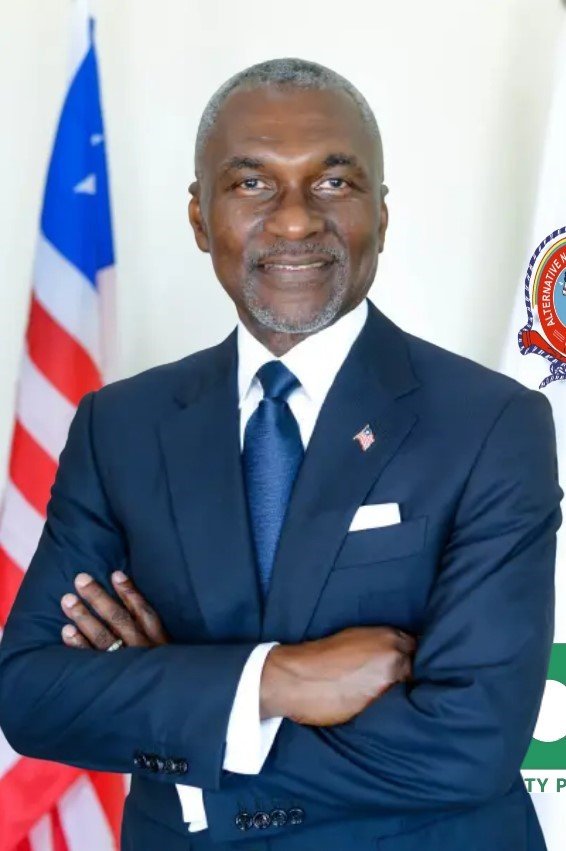
Alexander B. Cummings, a known Political Leader from the Opposition Parties: Alexander B. Cummings, a former Cocoa Cola global chief administrative officer and vocal member of the Opposition Alternative National Congress (ANC) party, has been gaining traction with his passionate advocacy for economic growth and development and opportunities for all Liberians. His ability to connect with younger voters and articulate a vision for change positions him as a potential force in the upcoming election. Potential challenges he might face includes making his message sink well with the population, consolidating support from within the party or overcoming the disadvantages of being in opposition.
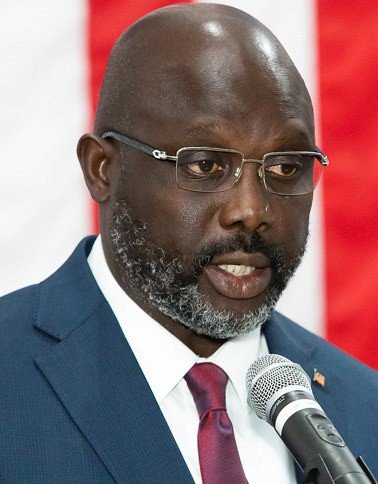
George Manneh Weah, who previously served as president of Liberia (2018 -2023): Weah is rumored to be making a political comeback. His short- and long-term experience in government and focus on mobilizing and associating with slum communities and ordinary Liberians could appeal to voters. Potential challenges he might face includes past decisions or controversies his administration may have been associated with.
It is important to note that these are just a few of the individuals being discussed as potential candidates. The political landscape in Liberia is dynamic, and other contenders are likely to emerge in the coming years.
The 2029 election is expected to be closely contested, with issues such as economic development, governance, and national unity taking center stage. As the election cycle progresses, Liberians will be closely watching the potential candidates and their platforms as they seek to lead the country into the future.
Political analysts anticipate that the election will be heavily influenced by social media, youth engagement, and the overall progress made by the Boakai administration. The coming years will be crucial in shaping public opinion and solidifying the positions of these potential frontrunners.
This early speculation highlights the intense interest in Liberia’s political future and the eagerness of different groups to position themselves for power. As the 2029 election draws nearer, the political climate is sure to become even more charged, making for a fascinating and impactful chapter in Liberian history.

The Executive Mansion – Official Seat of Authority of the Liberian Presidency


